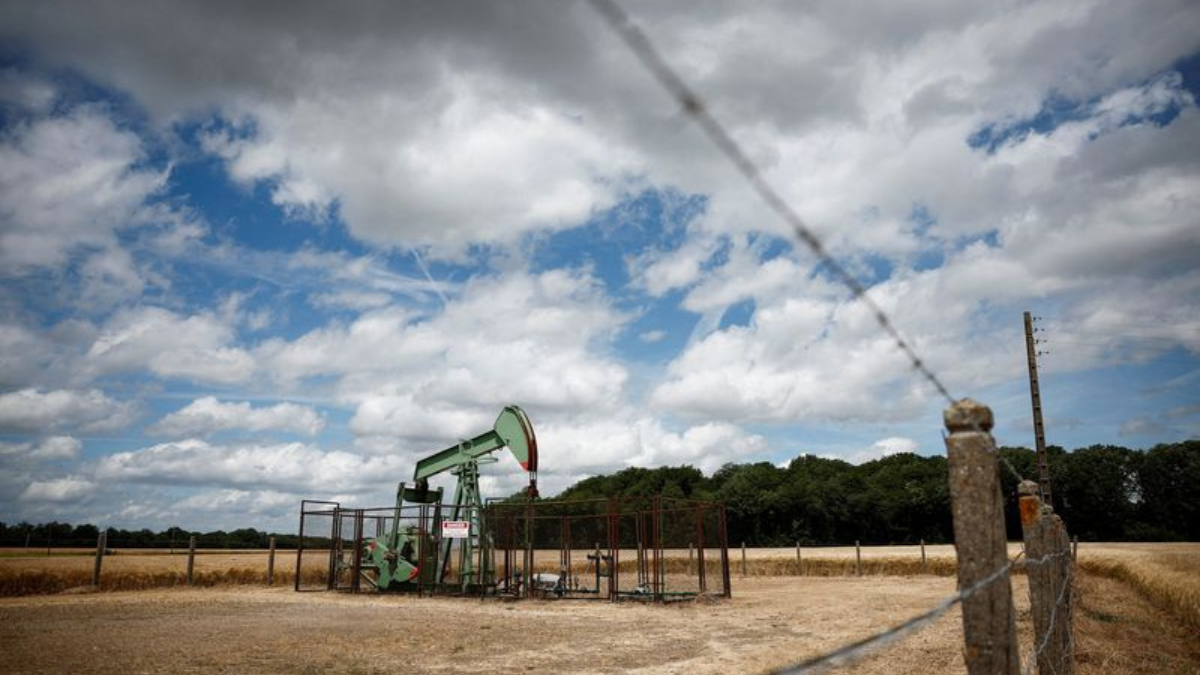Iran Deal Talks Stir Market Turbulence: Is Cheaper Oil on the Horizon?

As diplomatic channels between Washington and Tehran reopen, oil markets are responding swiftly — and cautiously. The mere suggestion of an agreement on Iran’s nuclear program has already shifted investor sentiment, causing both Brent and WTI crude benchmarks to dip more than 1.5%.
The reason is simple: Iran holds some of the largest oil reserves in the world, and the lifting of sanctions could unleash a new wave of supply that the already-fragile oil market may not be ready for.
The implications are twofold. First, energy inflation — a persistent issue for consumers and central banks alike — could finally see some relief if Iranian crude floods the market. Secondly, oil producers in the U.S., Canada, and OPEC+ might find themselves in a race to adjust production targets, pricing strategies, and export plans.
While some analysts believe the impact may be gradual due to infrastructure limitations in Iran, others warn of a “shock effect” on the market, especially if speculators front-run the return of Iranian barrels.
Markets now wait, with eyes on Vienna and Washington. Whether the deal holds or falters, one thing is certain: The dynamics of oil pricing, supply chains, and inflation have entered a new phase — driven not just by barrels, but by diplomacy.








